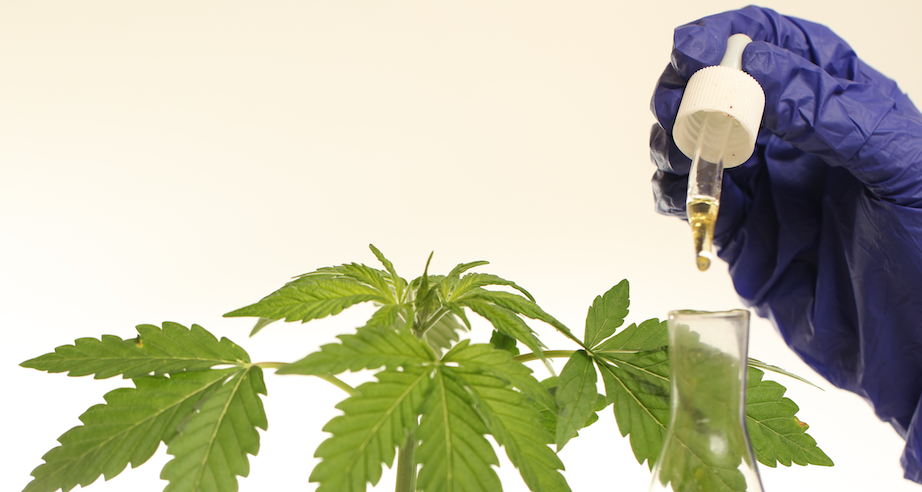11.21.2025
Sausage casings bulletin, November 21, 2025

...

Hemp Bulletin readers will likely be happy enough to leave 2020 behind. Others are indifferent, seeing January 1 as an arbitrary date that has no real influence on our daily lives – or hemp prices. Countless others have seen their business interests flourish in the pandemic, or their portfolios soar, as the Dow surpassed 30,000, with Bitcoin nipping at its heels.
This January 1 is significant because it is one day closer to January 20, when Biden and Harris are sworn in as the new President and Vice President. Their administration will play a pivotal role in the early development of hemp markets, vis-à-vis climate change policy. Sustainability will be a driving force in the unfolding hemp sector, creating a great deal of opportunity for producers and processors in all three segments of the hemp industry.
Ethanol did not become widely used as a fuel additive because of consumer demand. An entire industry was spun off of an agricultural commodity, and markets were developed through policy, not typical market forces of supply and demand. Renewable Fuel Standards (RFS) were rolled out in 2005, mandating 4 billion gallons of biofuel be used in 2006.
The mandated annual increases gave operators the confidence to invest in infrastructure, and with the compulsory 10 or 15% blend required by the RFS, consumers began using billions of gallons of ethanol. This required roughly 1.6 billion bushels of corn, were ethanol to be made solely from corn. 8 million acres in 2006 – at 200-bushel corn – and ballooning to at least 4x this in 2020. Roughly 40% now of our 92 million acres of corn are for ethanol.
One can see the influence that federal policy can have on markets, and hemp is uniquely positioned to benefit from re-energized climate change policy. The incoming administration acknowledges that agriculture must play a central role in these efforts. Federal policy has the potential to impact crop rotations on a massive scale, if hemp products are required in some aspect of our economy, such as plastics. Farming programs are far reaching and bring unique opportunities that other industries lack. Agriculture affects such a vast swath of resources, like soil and water, which are shared among a community or watershed.
The decade ahead, the “Roaring Twenties”, will be the most significant decade for hemp in our lifetimes. A diverse collective of business owners, farmers, advocates, legislators, researchers, and agencies will shape the emerging hemp markets, requiring many minds, through many collaborations. Evolving cannabis policy will be a key factor, as will ongoing climate change policy, and a renewed commitment to social justice.